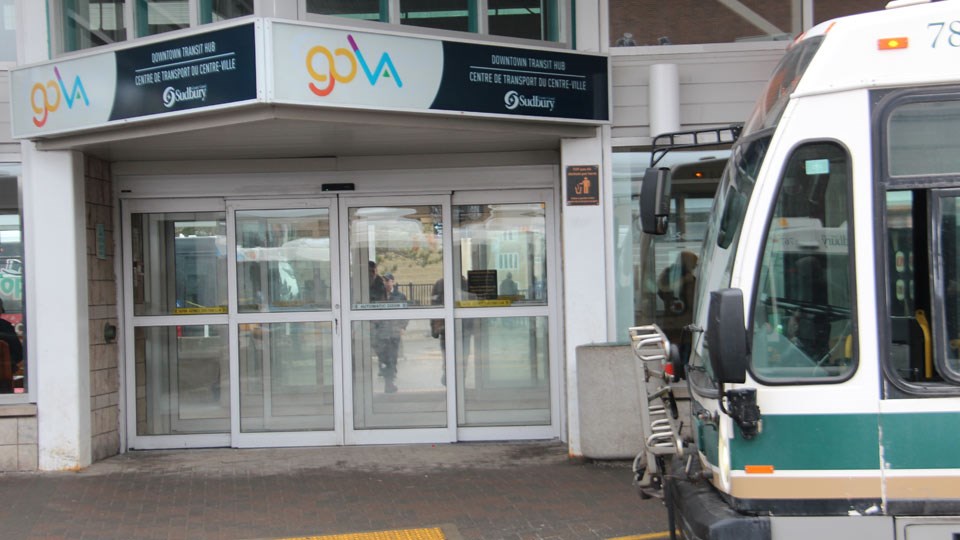The Federation of Canadian Municipalities (FCM) is making an urgent recommendation to the federal government to provide at least $10 billion in emergency operating funding for municipalities across Canada in order to keep essential services running.
"In a matter of weeks, the COVID-19 pandemic has turned life upside down. We now face a public health and economic challenge unlike anything we’ve seen in our lifetime," said FCM president Bill Karsten in the FCM report, Protecting Vital Municipal Services, which was released on April 23.
"As municipalities across the country work to support front line action and ready essential response services, the financial impact to our operations has created a crisis—and threatens to put the Canadians we serve at further risk."
The vital municipal services highlighted in the report include:
- Local police, ambulance and fire services
- Maintenance of roads, bridges and other essential infrastructure
- Safe public transit for essential workers
- Clean water and wastewater services
- Garbage collection and recycling
- Local social services and housing for vulnerable residents
- Local public health agencies
- Sustainability and environmental initiatives
Many municipalities across Canada, including Greater Sudbury, have waived transit fees, and FCM is estimating that public transit systems alone will be facing $400 million in revenue losses nationwide, per month.
Here in Greater Sudbury, transit revenue losses associated with COVID-19 are estimated at $900,000 between March and April. As a whole, transit accounts for between 30 and 50 per cent of monthly net losses for Canadian municipalities amid the pandemic.
"The fiscal impacts of COVID-19 have been swift and dramatic. Non-recoverable municipal losses driven by falling revenues and rising costs have led to an unprecedented financial crisis. To absorb this staggering hit in the near term, we are calling for a federal operating infusion of $10–15 billion over the next six months," said the FCM report.
"This crisis may compound as physical distancing measures continue, and depending on the timing and pace of future economic recovery."
The FCM's proposed funding model to deliver at least $10 billion in emergency operating funding is roughly a 75/25 per cent hybrid formula based on the federal gas tax fund (GTF) and a ridership-based allocation for municipalities that operate transit systems.
In specific, this would allocate at least $7.6 billion of the fund using a GTF-style allocation formula for all local governments, and $2.4 billion based 100 per cent on transit ridership. This funding model would require no provincial or municipal matching funds.
Using the City of Toronto as an example, the city is estimated to experience $1.69 billion in net losses based on a full year impact of six months of physical distancing measures. Toronto would receive a base allocation of $575 million through the gast tax formula and $575 million in supplementary allocation (transit) for a total allocation of $1.15 billion.
Any limited unused funding could be reserved for additional COVID-19-related operating shortfalls in 2020 or 2021, or transferred to the federal Gas Tax Fund to be used for incremental capital expenditures as part of Canada’s COVID-19 recovery plan.
You can read the full FCM report here.



